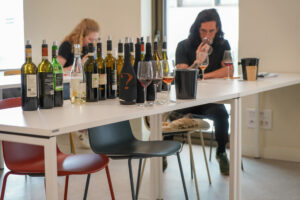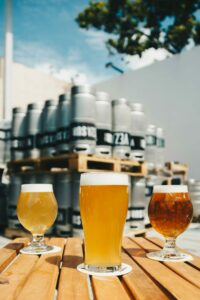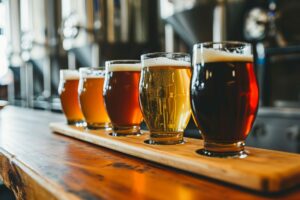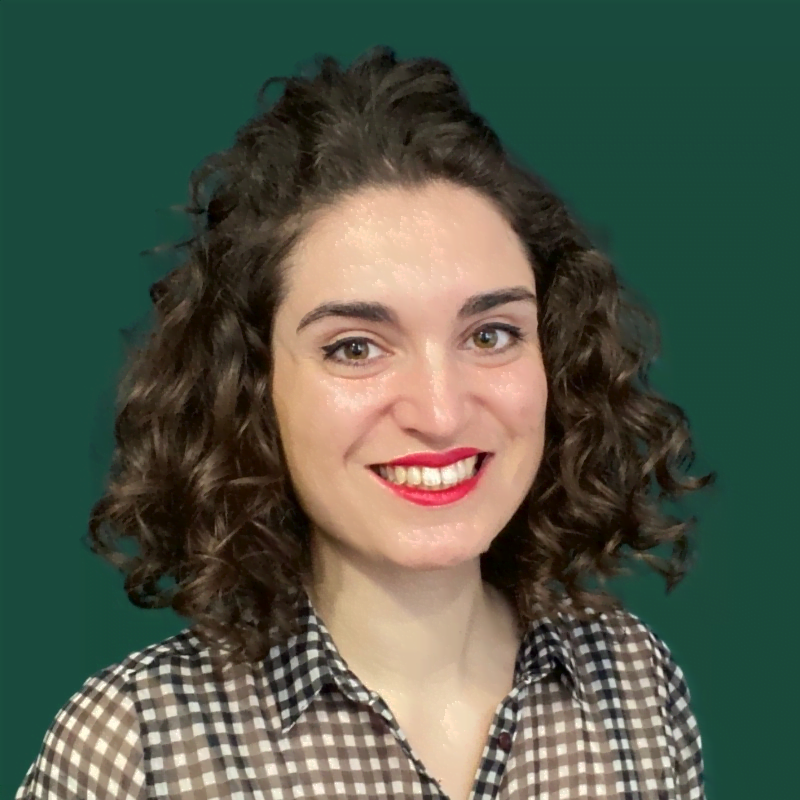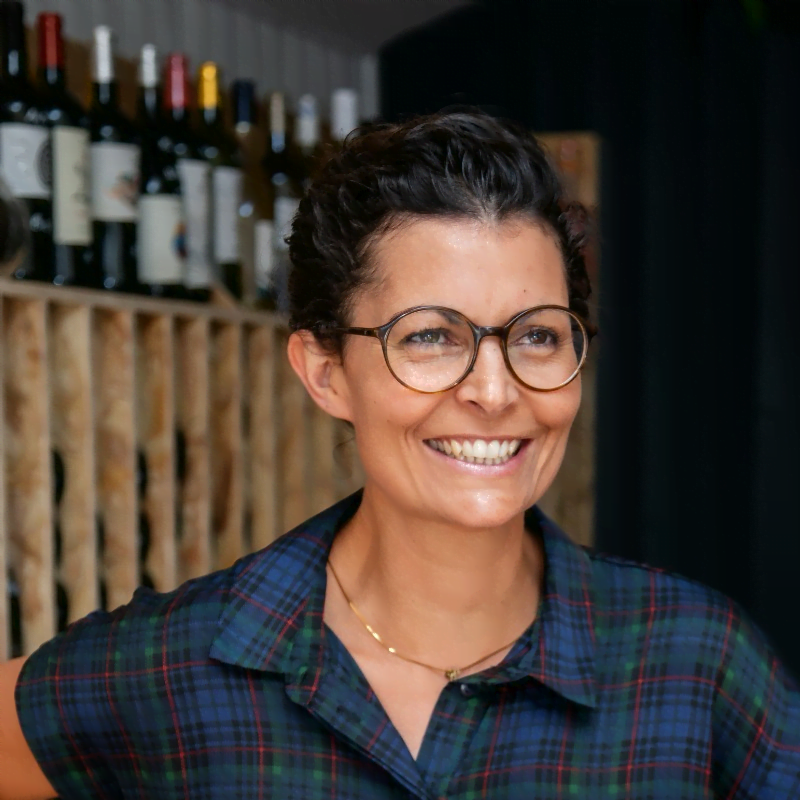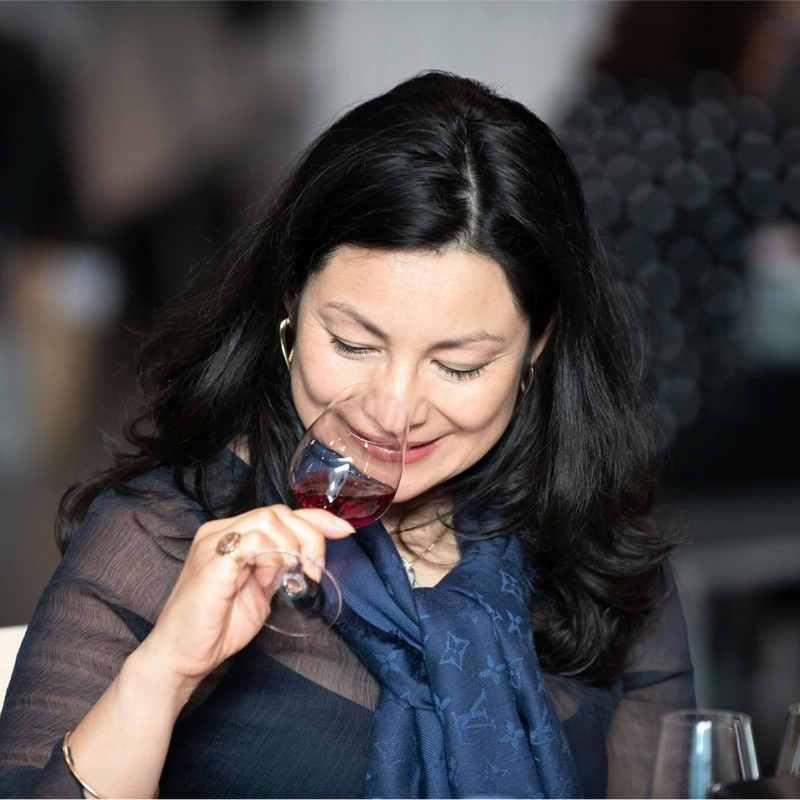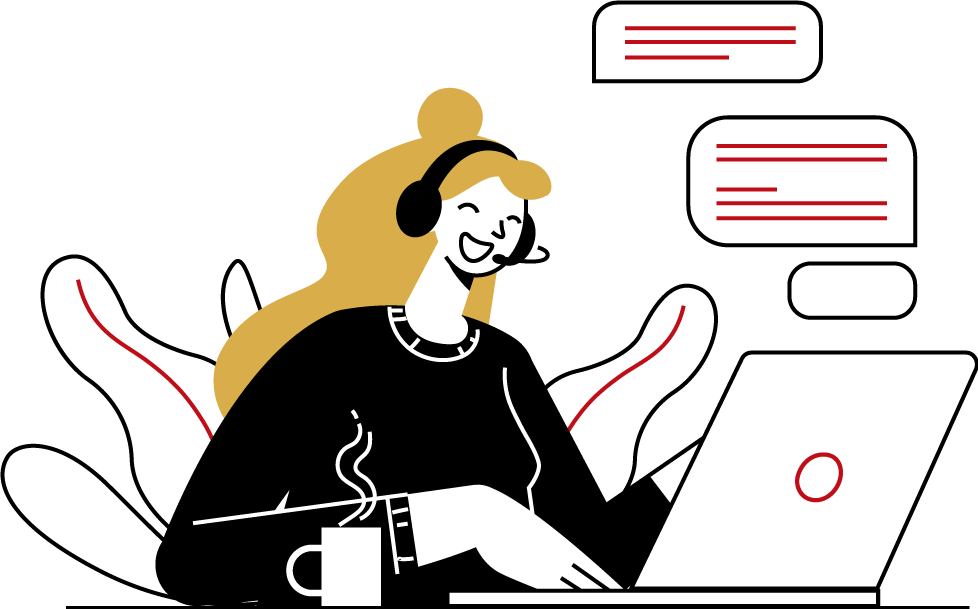Nine Brousse is a former WiSP DIPLOMA student. In the final year of her studies in marketing and communication at a business school, she chose to specialize in wine and Champagne management. She gained professional experience working in wine trade organizations—first with the Comité Champagne and then with the CNIV, a federation for wine industry associations—primarily focusing on market research. At the same time, she co-founded an educational Instagram account on wine, Wine Minute.
During her Diploma studies, Nine felt the urge to connect more directly with the product itself. She took the plunge and became a sommelier and wine tasting host at Les Caves du Louvre, where she shared her knowledge and tasting techniques with both French and English-speaking clients. Today, Nine is a freelance consultant specializing in wine communication, education, and tasting experiences.
Nine answers our questions:
What motivated you to pursue such a demanding program like the WSET Level 4 Diploma?
Curiosity, first and foremost. I’ve always wanted to explore the world of wine more deeply. Once you start, you quickly realize how much there is to learn, and you just want to keep going. I also wanted to get closer to the product and to what truly excites me—wine education and the joy of sharing knowledge in a fun, accessible way. That requires solid expertise in wine, so you can “translate” it in an engaging way.
It was also about gaining credibility as a young woman in the industry, especially in tasting, which wasn’t part of my initial training. Passing the exams—and even winning a tasting prize (D3)—really boosted my confidence. Looking back, although it wasn’t my primary goal, the program also helped me build a valuable professional network in the wine industry.
How would you describe the atmosphere and support you received from WiSP’s team and instructors during the two-year program?
I felt comfortable right away at WiSP. The team is both professional and warm. There’s no judgment—everyone is there to learn—and I really enjoyed spending time with the WiSP staff.
WiSP offers strong support to its students, with great availability to answer questions, wine trips that deepen your knowledge, and opportunities to meet professionals in the field.
Anne Raynaud, our academic coordinator, was always there—quickly sharing exam results, sending reminders, and offering guidance and support whenever we had doubts.
The instructors all bring different perspectives and personalities, which enriches the learning experience and even goes beyond the curriculum. It really helps shape your own vision of the wine world.
What specific resources or teaching methods at WiSP helped you most in passing the Diploma?
Three things were especially helpful—particularly for D3:
- Mock exams: We received these 10 weeks before the exam and had to complete them under timed conditions, with detailed feedback. It was a game-changer. It helped me stop just making notes and actually practice writing answers. The first attempts were tough, but they helped me refocus and better understand what examiners expect.
- Exam technique classes: You may know what you need to study, but with limited time, a strategic approach is essential. WiSP shares concrete techniques for succeeding in exams, and that’s a huge advantage.
- Immersive vineyard visits, especially in Champagne and Bordeaux, which brought everything we learned to life.
The WSET Diploma is known for being rigorous. What were your main challenges, and how did you overcome them?
Definitely the volume of information! Sometimes I felt overwhelmed, so it was important to go back to basics—understanding the key facts about a country or region before diving into details. The SWOT analyses we did in class really helped me take a step back.
Another big challenge was maintaining consistent effort over two years. It’s a marathon, not a sprint. You don’t always feel like you’re making progress, and that can be frustrating. What helped me most was sticking to a revision schedule and trusting the process. Discover Nine Brousse’s D3 coaching
How has this training changed your way of understanding and approaching wine?
Beyond knowledge, the network I’ve built is incredibly valuable. Meeting professionals with different viewpoints and backgrounds—but all grounded in a solid base of knowledge—has really broadened my perspective.
I also feel more confident using wine-specific vocabulary, especially in English. It’s given me the tools to keep exploring and the freedom to pursue my projects.
How has the Diploma impacted your career, and where are you now?
This training gave me both solid foundations and a professional network that allowed me to launch my own business, Sip Sense Talk (Instagram account), which focuses on sensory marketing strategy and wine education. Today, I work with both businesses and individuals in three main areas:
- Training: I help students prepare for wine exams like the WSET through schools like WiSP, and I also teach oenology classes to private clients.
- Marketing & Communication: I use my dual expertise in wine and marketing to support companies—especially winegrowers and wine businesses—in developing strategy, copywriting, and impactful content creation.
- Tasting Events: I host customized educational tasting workshops on various themes (wine and cheese pairings, wine regions, wine and astrology, alcohol-free tastings…) for individuals and corporate clients.
What advice would you give someone hesitating to take on such a demanding course?
Think about how much time you can realistically dedicate, and under what conditions. How much time does the Diploma really take?
But once you’ve committed—go all in. Get organized, take it step by step. It’s a rewarding journey with amazing people and internationally recognized credentials. And most of all, it’s a fascinating subject. I wouldn’t do such an intense program in any other field!
In your opinion, what qualities or mindsets are essential to succeed in the WSET Level 4 Diploma?
Discipline and consistency are important, but knowledge alone isn’t enough. You also need to understand what examiners expect. That’s where exam technique becomes crucial. I had experience with competitive exams and prep schools, so I had developed those techniques, but that’s not the case for everyone—especially people coming from practical, hands-on backgrounds. It’s also a very Anglo-Saxon way of thinking, which can be new to some. The good news is that anyone can learn it—it’s empowering to know that even if some knowledge is missing, you can use transferable skills and structure your answers strategically.
To wrap up, if you had to describe your WiSP experience in three words, what would they be—and why?
- Enriching → through both knowledge and the amazing people I met (staff, classmates, producers).
- Demanding → it pushes you to your limits, but you’re not alone—you’re supported the whole way. At the end, there’s a strong sense of pride.
- Promising → the doors it opens are many (like starting a business!), or simply growing, changing careers, or expanding your wine knowledge.
👉 Discover the full DIPLOMA program and take the leap!

